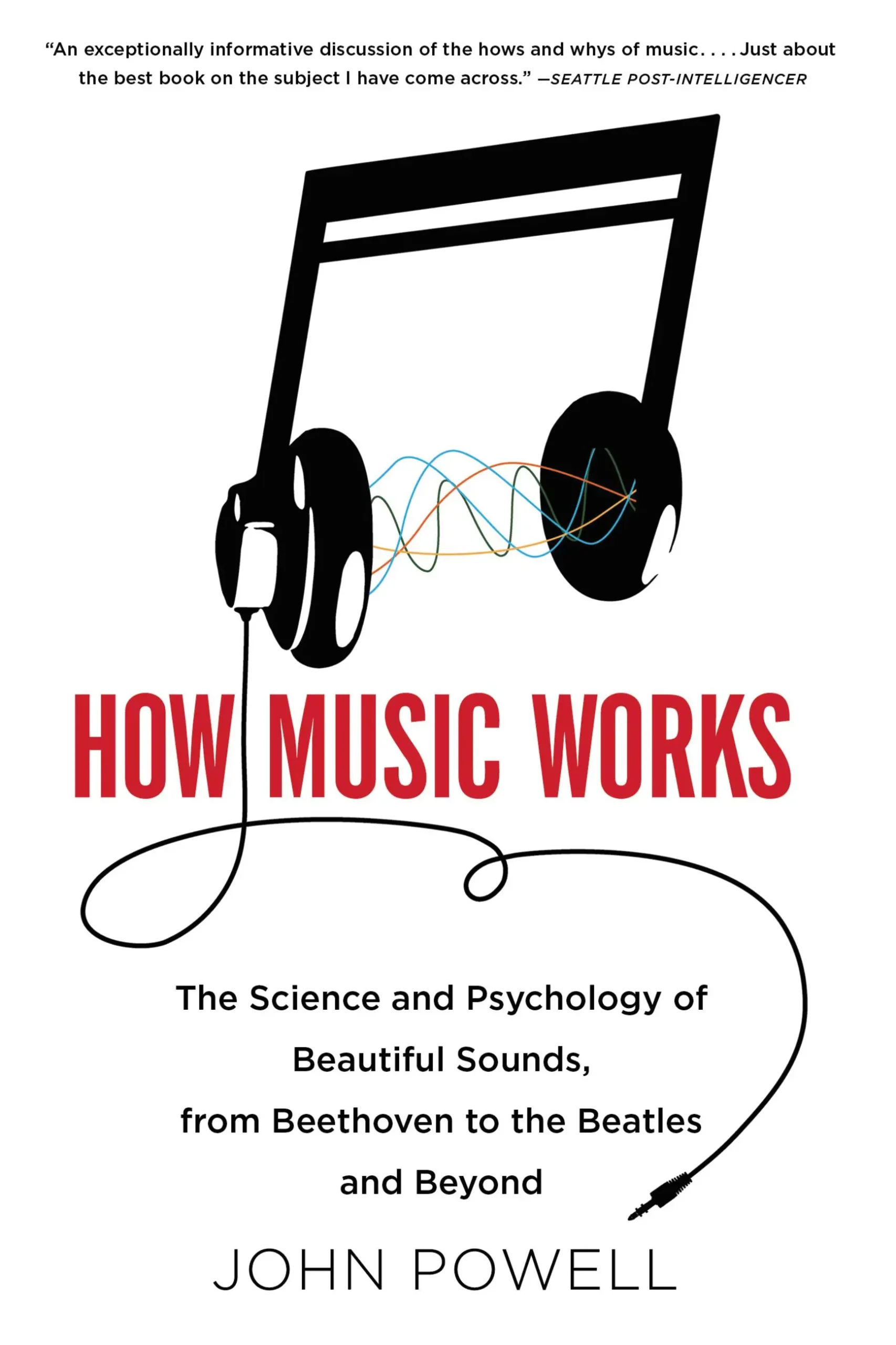Music is not merely a series of sounds; it is a profound force that can shape our emotions, thoughts, and even the very structure of our brains. In recent years, researchers have delved deeply into the neurological effects of music, uncovering a complex interplay between melodies, rhythms, and brain activity. This article explores how music changes the brain, from enhancing cognitive functions to influencing emotional well-being and neurological development.
The Neurological Impact of Music
Stimulating Brain Regions
When we listen to music, various brain regions light up in response. The auditory cortex, responsible for processing sound, is naturally engaged. However, music also activates areas associated with emotion, memory, and movement. For example, the limbic system, including the amygdala and hippocampus, responds to the emotional content of music, evoking feelings of pleasure, nostalgia, or excitement.
Enhancing Cognitive Functions
Music has been shown to enhance cognitive functions across different age groups. In children, exposure to music can improve spatial-temporal skills, language development, and mathematical abilities. For adults, listening to music while performing cognitive tasks can boost productivity, creativity, and focus. This phenomenon, known as the “Mozart effect,” highlights the temporary cognitive benefits of music.
Impact on Memory and Learning
One of the most intriguing aspects of music’s influence on the brain is its impact on memory and learning. Music has the ability to evoke memories and emotions associated with past experiences, a phenomenon known as music-evoked autobiographical memories. Additionally, music can aid in learning and retention by creating mnemonic devices or providing a rhythmic structure that enhances information processing and recall.
Emotional Regulation And Mental Health
Mood Modulation
Music is a potent tool for regulating emotions and mood. Different genres and tempos can elicit a wide range of emotional responses, from calming relaxation to energizing motivation. Music therapy utilizes this emotional modulation to help individuals manage stress, anxiety, depression, and other mood disorders. The rhythmic patterns and harmonic progressions in music can synchronize with physiological processes, leading to a sense of emotional equilibrium.
Stress Reduction and Relaxation
The soothing power of music extends to its ability to reduce stress and promote relaxation. Listening to slow-tempo music with gentle melodies can lower heart rate, blood pressure, and cortisol levels—the hormone associated with stress. This relaxation response is utilized in various therapeutic settings, such as meditation practices, relaxation techniques, and stress management programs.
Therapeutic Applications
Music therapy is a well-established form of therapy that harnesses the therapeutic potential of music to address a wide range of mental health issues. From aiding in emotional expression and communication to improving social skills and enhancing self-awareness, music therapy offers a holistic approach to mental well-being. It is particularly effective in treating conditions like PTSD, autism spectrum disorders, dementia, and substance abuse disorders.
Neuroplasticity And Brain Development
Structural Changes in the Brain
The impact of music on the brain goes beyond functional enhancements—it can induce structural changes as well. Studies have shown that musicians, especially those who started training at a young age, exhibit differences in brain structure compared to non-musicians. These differences include increased gray matter volume in areas related to auditory processing, motor skills, and executive functions.
Cognitive Reserve and Aging
The concept of cognitive reserve suggests that engaging in mentally stimulating activities, such as learning music, can build resilience against cognitive decline and neurodegenerative diseases. Music training has been associated with improved cognitive functions in older adults, including better memory, attention, and executive control. This suggests a protective effect of music on brain health over the lifespan.
Developmental Benefits in Children
Early exposure to music can have profound effects on brain development in children. Learning to play an instrument, for example, involves complex cognitive and motor processes that shape neural networks and strengthen connections between brain regions. This not only enhances musical abilities but also transfers to improved academic performance, problem-solving skills, and social interaction.
Conclusion: Harnessing Music’s Potential for Brain Health
The transformative power of music on the brain is a testament to its universal appeal and therapeutic value. From stimulating cognitive functions and regulating emotions to shaping brain structure and development, music offers a multifaceted approach to enhancing brainhealth and well-being.
As research continues to uncover the intricate mechanisms underlying music’s effects on the brain, opportunities for harnessing music in clinical settings and everyday life expand. Whether through personalized playlists for mood management, structured music therapy sessions for mental health treatment, or music education programs for cognitive enrichment, the potential of music as a tool for brain enhancement and rehabilitation is vast and promising.
In a world where mental health and cognitive well-being are increasingly prioritized, integrating music into our daily routines and therapeutic interventions can serve as a powerful ally in nurturing a healthy brain and a harmonious mind-body connection.
Related topics:


























